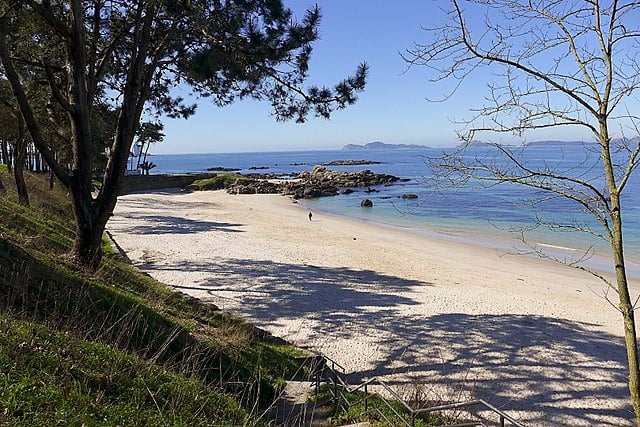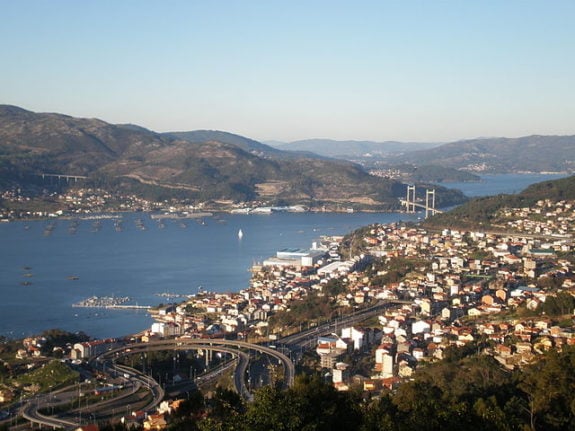A study by Spain’s Organization of Consumers and Users (OCU) has named the Galician city of Vigo as the Spanish city with the best quality of life.
It stands out for its excellent marks in safety, cleanliness, education, environment, and air quality. Respondents who participated in the survey said that it was particularly good for families with children, offering lots of opportunities for leisure, sports and cultural activities.
Vigo sits on the coast, in the southwestern part of Galicia, close to the border with Portugal. As well as its historic Old Town, it’s known for being the gateway to the Atlantic Islands National Park and the idyllic Cíes Islands.
The only two categories which residents didn’t give Vigo a top score for were the job market and the real estate market, more precisely property prices.

The Galician city was followed closely followed by Zaragoza, which only scored less on the category of cleanliness, and Bilbao, which only scored less because of its high cost of living. Valladolid and Córdoba recieved good scores from their inhabitants.
The OCU analysis focused on the 15 most populated cities in Spain, although it recognises that there are many other smaller ones that also stand out for their quality of life. Popular cities that were not included in the results are Alicante, San Sebastián, Granada, Marbella, Cádiz, and all the main cities on the Canary Islands.
The worst-rated of the 15 cities included in the survey were Spain’s largest cities – Barcelona, followed by Madrid in last place. Residents market these cities down due to the high cost of living, the housing market, damage to the environment and pollution, as well as urban cleanliness. Although the two cities scored low on these points, they scored highly on job prospects, culture and leisure.
Health services were given a poor score in Madrid, Seville and Málaga, while Barcelona scored low on security, which is also a problem in Seville. Madrid also received a below-average score in education. Transport and mobility were cited as the major issues in both Murcia and Palma de Mallorca.
The survey was carried out during the months of October and November 2020, with almost 3,000 Spanish respondents, members and non-members of the consumer organization, who rated the cities on a number of categories.
OCU stressed that because the results were polled during the pandemic, many people’s perceptions and priorities had changed.
“It is true that at this time of uncertainty and confusion, with limitations, restrictions, etc., our perception is conditioned by the pandemic, and this can take its toll, especially on cities that are suffering greatly from the consequences of Covid-19,” they point out.
This was evident from the fact that compared to a year ago, the perceived quality of life had “dropped dramatically in all cities”.
READ ALSO: Living in Spain: Why Valencia is officially the best city in the world for foreign residents



 Please whitelist us to continue reading.
Please whitelist us to continue reading.
Member comments